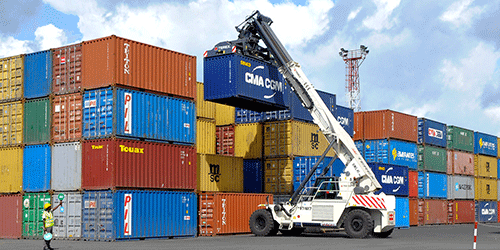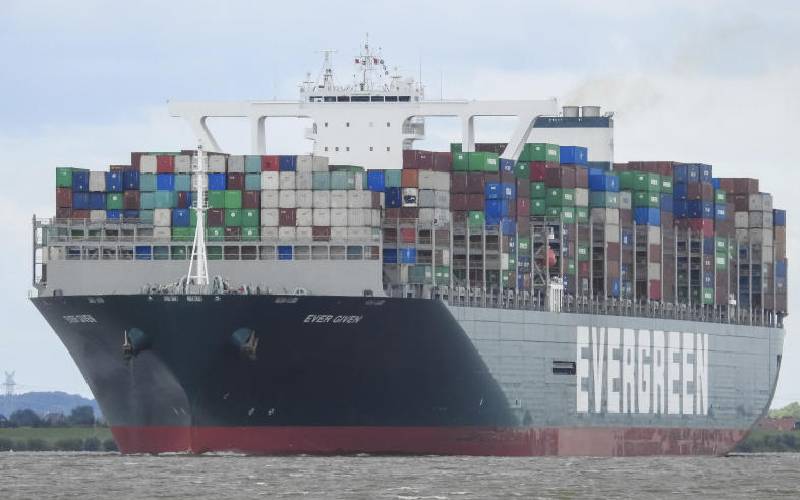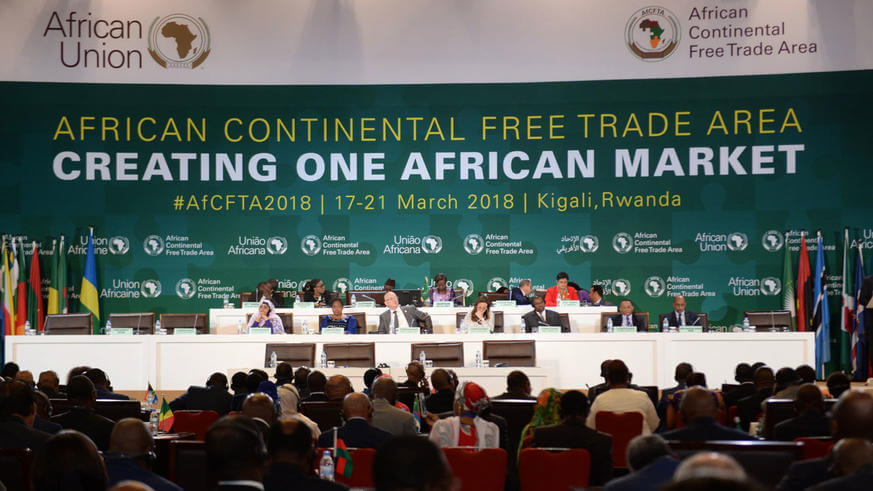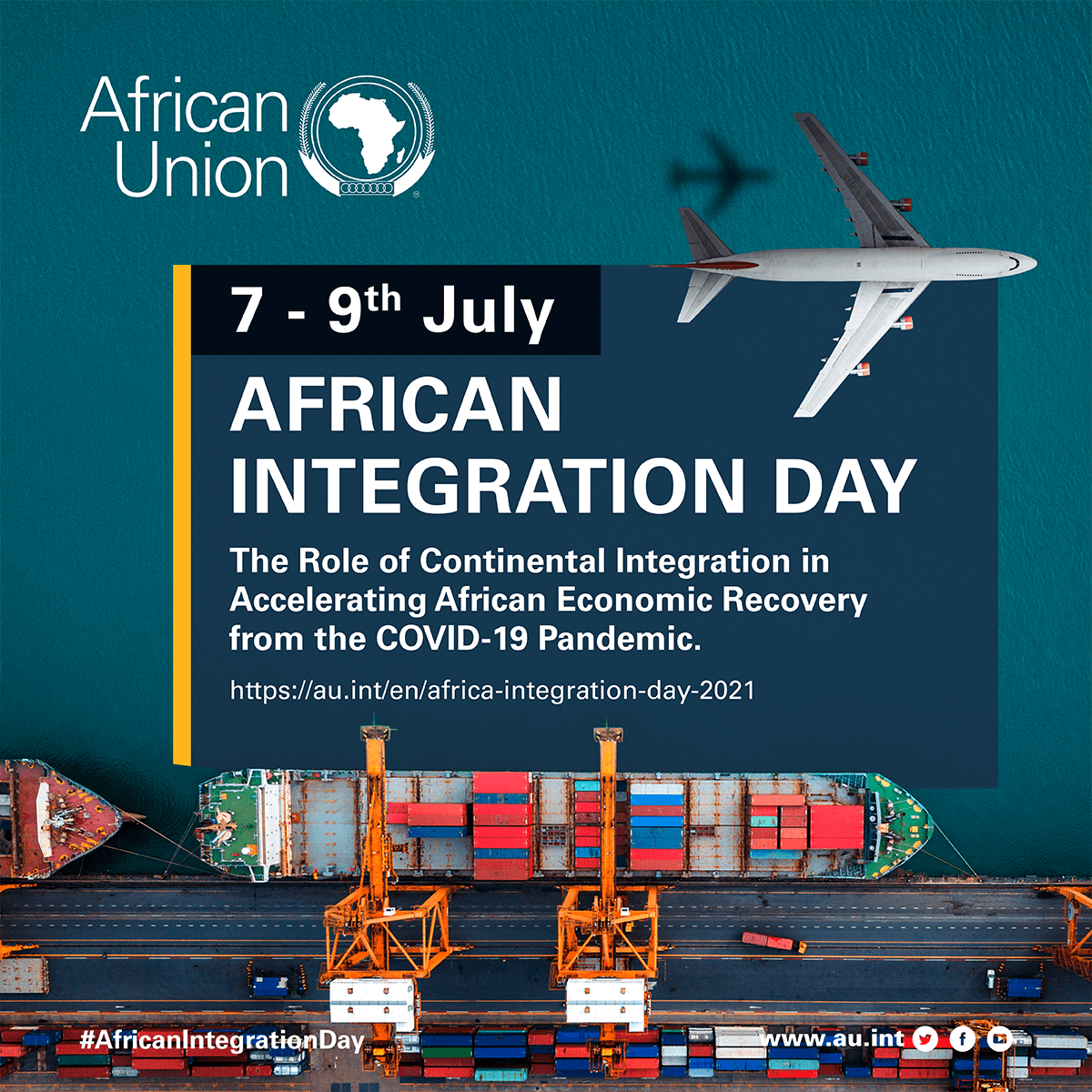The United Nations Economic Commission for Africa says small and medium-scale enterprises continue to face trade facilitation challenges despite improvements achieved on the continent. This is according to data for 34 African countries that participated in a recent United Nations (UN) survey. In a statement, David Luke, coordinator of the African Trade Policy Centre (ATPC) of the Economic Commission for Africa (ECA), said trade facilitation is critical for realising the Africa Continental Free Trade Area’s (AfCFTA) objective of increasing intra-African trade flows by lowering bureaucratic delays, inefficiencies at borders and improving administrative efficiency through technology. Luke said: “Cumulative data for 34 African countries show mixed results on trade facilitation implementation across the continent, challenges remain, particularly for SMEs.” According to a survey released last week by the UN regional commissions, countries across the globe are moving towards a seamless and efficient trading environment within and beyond national borders by simplifying and digitalising formalities in international trading. Luke: Trade facilitation is critical Compared to 2019, increases were identified in the 28 countries’ implementation rates of the categories of paperless trade (51 percent from 45 percent), formalities (65 percent from 62 percent), institutional arrangement and cooperation (64 percent from 61 percent), transparency (57 percent from 56 percent), and cross-border paperless trade which remains at 24 percent. Minister of Trade Sosten Gwengwe said the gazetting of the SME order facilitates a conducive business environment for SMEs to enjoy favourable trade facilitation in the country. He said through the one-stop border post projects being...
SMEs facing trade facilitation challenges
Posted on: July 26, 2021
Posted on: July 26, 2021























